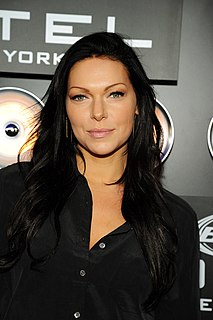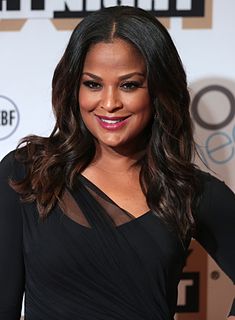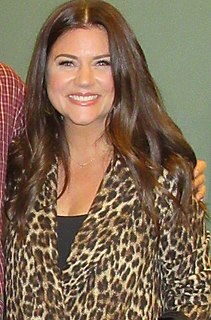A Quote by Amanda de Cadenet
I share personal things about myself in the context of my interviews and in 'It's Messy' - but that's 20 percent of my life.
Quote Topics
Related Quotes
Ninety-nine percent of everyday things are things we don't need - that goes for regular visits to the hairdresser just as it does for clothing. What would it mean if we all consumed 20 percent less? It would be catastrophic. It would mean 20 percent less jobs, 20 percent less taxes, 20 percent less money for schools, doctors, roads. The global economy would collapse.
Economists often talk about the 80/20 Principle, which is the idea that in any situation roughly 80 percent of the “work” will be done by 20 percent of the participants. In most societies, 20 percent of criminals commit 80 percent of crimes. Twenty percent of motorists cause 80 percent of all accidents. Twenty percent of beer drinkers drink 80 percent of all beer. When it comes to epidemics, though, this disproportionality becomes even more extreme: a tiny percentage of people do the majority of the work.
Doing interviews is very different from working as an actor, because it's up to the journalist not only to understand what I'm trying to convey, but to convey that understanding through their process. And often times it gets manipulated, sometimes intentionally, by pulling things out of context. Some people may not appreciate your work and some may be incredibly moved by it. So that isn't the concern. You have to do what you can do, and share what you feel is appropriate to share in the moment. And then, it's out of your control.
Over the period from 1988 to 2005, the income share of the top five percent has grown by about 3.5 percent of global household income, and the shares of all the other groups have diminished. The greatest relative reduction was in the bottom quarter, which lost about one third of its share of global household income, declining from 1.155 to 0.775 percent, and now is even more marginalized.




































